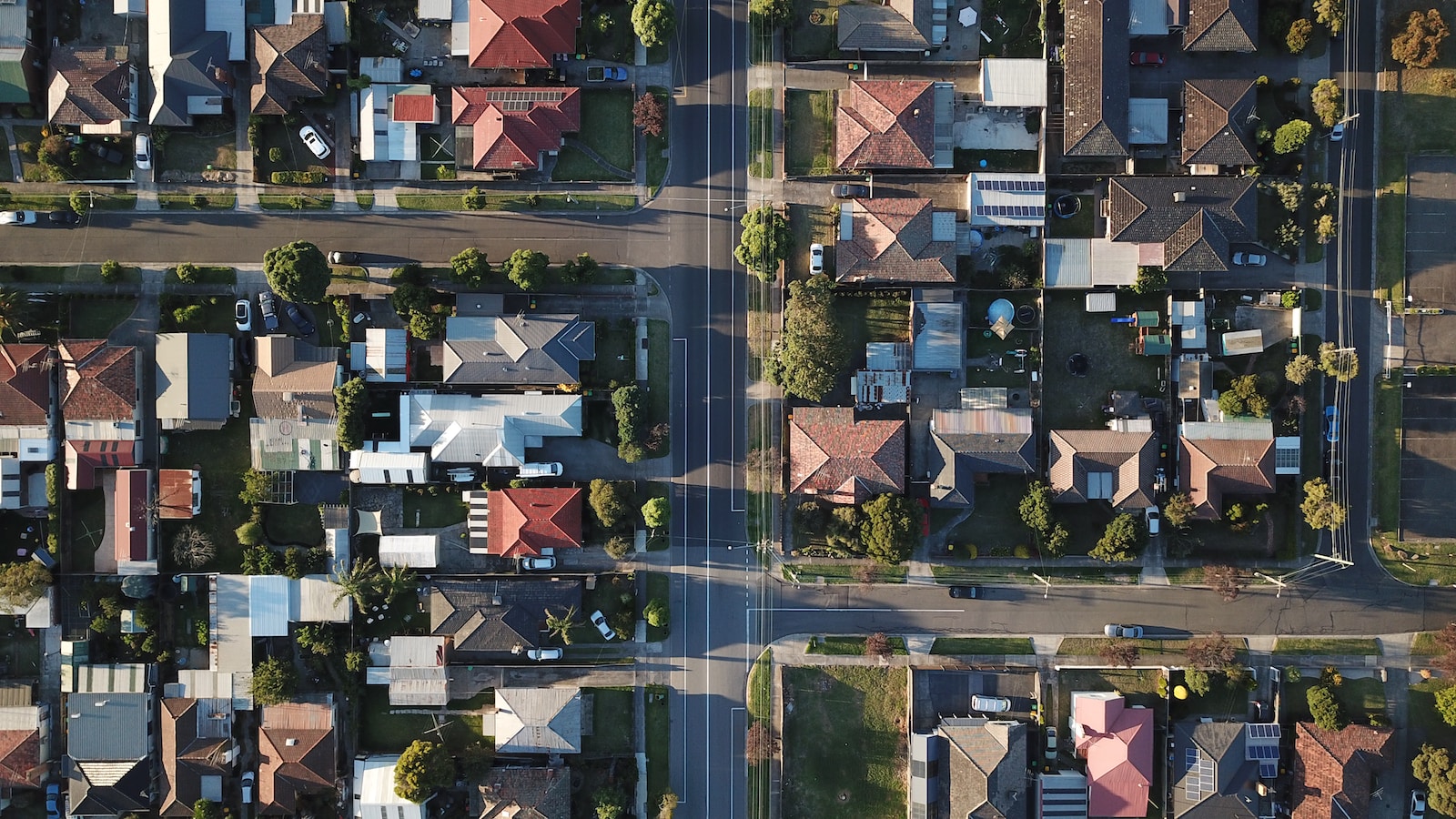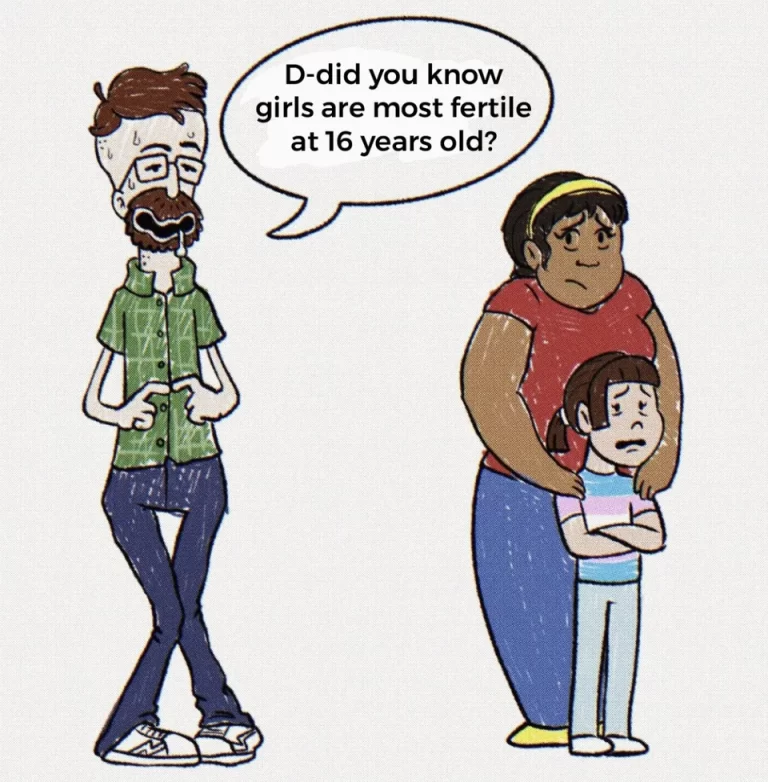
Housing as a Fundamental Right and Capitalism’s Barrier to Homeownership
Introduction: Housing is a basic necessity and an essential component of human well-being. It provides stability, security, and a foundation for individuals and families to thrive. While housing is widely recognized as a fundamental right, the reality is that many people, particularly those with low incomes, face significant challenges in accessing and owning homes. These obstacles are often rooted in the workings of capitalism, which can exacerbate socioeconomic inequalities and create barriers to homeownership for marginalized communities. This article will explore the importance of housing as a right and examine how capitalism gatekeeps poor people from owning homes.
- Housing as a Fundamental Right: Housing is more than just a commodity; it is a fundamental right that ensures individuals have access to safe, adequate, and affordable shelter. Recognizing housing as a right means acknowledging that every person deserves a place to live, free from discrimination and exploitation. Governments have a responsibility to ensure the provision of housing for all citizens, regardless of their socioeconomic status.
- Capitalism and the Commodified Housing Market: Under capitalism, housing often becomes a commodity subject to market forces. The pursuit of profit and the principles of supply and demand can lead to inflated prices and limited access to affordable housing. The commodification of housing treats it as an investment opportunity rather than a basic need, resulting in speculative practices that drive up costs and exclude many from homeownership.
- Economic Inequality and Housing Affordability: Capitalism perpetuates economic inequality, and this disparity directly impacts housing affordability. The rising cost of housing, coupled with stagnant wages for many, creates a significant barrier for low-income individuals and families to enter the housing market. As housing prices increase, the percentage of income required to afford a home becomes unattainable for those at the bottom of the income distribution.
- Financialization and the Erosion of Affordable Housing: The financialization of housing, whereby Wall Street investors and large corporations purchase and exploit residential properties, further exacerbates the affordable housing crisis. The focus on maximizing profits often leads to rent increases, eviction practices, and a reduction in available affordable housing options. These practices disproportionately affect marginalized communities and perpetuate the cycle of poverty and housing insecurity.
- Discrimination and Structural Inequities: Capitalism’s influence on the housing market also reinforces systemic discrimination and structural inequities. Historically, marginalized groups such as people of color, immigrants, and those with lower incomes have faced discriminatory practices such as redlining, predatory lending, and exclusionary zoning. These practices have systematically denied these groups access to homeownership and perpetuated disparities in wealth accumulation.
- Solutions and Alternatives: To address these challenges, systemic changes are needed. Governments can play a crucial role by implementing policies that prioritize affordable housing, such as rent control, inclusionary zoning, and subsidized housing programs. Additionally, cooperative housing models and community land trusts offer alternatives to traditional homeownership, fostering collective ownership and reducing the influence of profit-driven market forces.
Conclusion: Housing should be considered a fundamental right, as it is essential for individuals’ well-being and dignity. However, under capitalism, the commodification of housing and the pursuit of profit create significant barriers for low-income individuals and marginalized communities. By recognizing and addressing the systemic issues within the housing market, we can work towards a more equitable society where everyone has access to safe, affordable, and secure housing.




